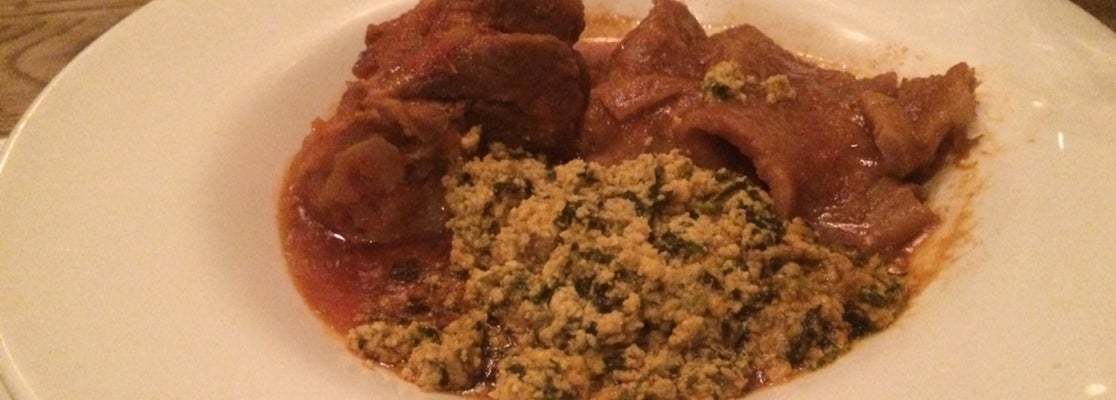
READ ALSO: Naira Marley sends note of caution to growing army of ‘Marlians’Ģ. The word buka, borrowed from Hausa and Yoruba and first attested in 1972, refers to a roadside restaurant or street stall that sells local fare at low prices. Buka: One particularly interesting set of such loanwords and coinages has to do with Nigerian street food. See list of newly added Nigerian words of OED below ġ.

“This was the perfect opportunity for OED’s pronunciation team to add a West African English model to our World English coverage, bringing our current total to fifteen,” their statement read. On its website which also includes other words like ‘Buka,’ ‘Bukateria’ the OED editors noted that they have been expanding their representation of written and spoken pronunciations from an increasing number of global varieties of English since 2016. ‘Next Tomorrow’ first used as a noun in 1953: OEDĪccording to the OED, ‘Next Tomorrow’ was first used in written English as a noun in 1953 and as an adverb in 1964.


Some of the new words included are ‘Ember Month’, ‘Danfo’, ‘Non-indigene’, ‘Guber’, ‘Tokunbo’, ‘MamaPut’, ‘Kannywood’ and ‘Next Tomorrow’ with reports revealing that Kannywood, which refers to the film industry in northern Nigeria, is believed to be the youngest expression on the list. In a move that has come as a palpable surprise to many discerning locals, a total of 29 Nigerian words and expressions have been included in the Oxford English Dictionary (OED) January updates for the first time.Ī closer look at the newly added words on the Oxford English Dictionary shows that majority of these new additions are either borrowings from Nigerian languages or unique Nigerian coinages that have only begun to be used in English in the second half of the twentieth century, mostly in the 1970s and 1980s, findings reveal.


 0 kommentar(er)
0 kommentar(er)
